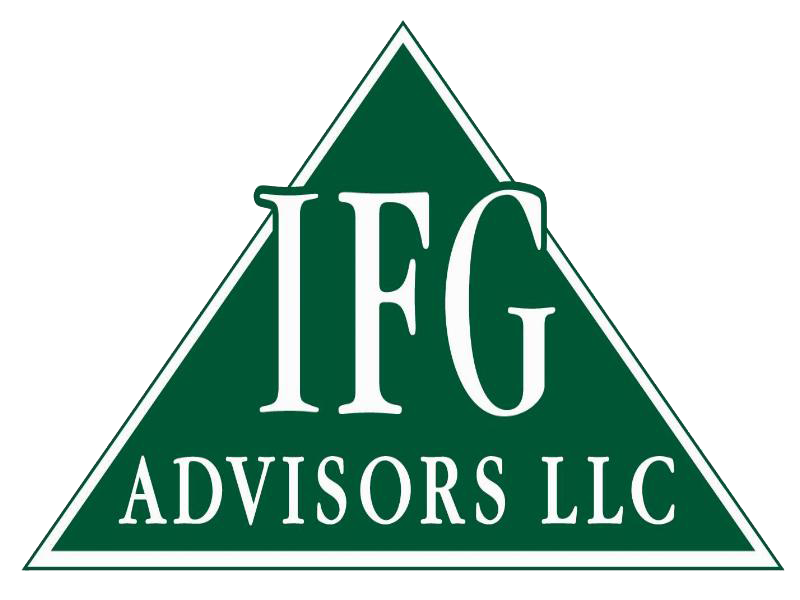
Donor Advised Funds for Charitable Giving
By Weston Manley
April 20, 2020
Think of a Donor Advised Fund (DAF) as an HSA for charitable giving. When you fund the account, you receive an immediate tax deduction (assuming you itemize and don’t use the standard deduction.) The funds grow tax free if invested, and when distributed to the charity of your choice have no taxes on the back end. The contribution is irrevocable, however, so there is no going back once the contribute is made.
DAFs can be a great tax tool. Before the state tax deduction was capped, many high earners would itemize and therefore receive a tax benefit for cash donations. This is no longer the case for many of these households. As such, a DAF can be a tool to bunch together a couple years of charitable donations if cash flow allows.
Let’s run through an example:
The Smith household earns $500,000 per year but only has a $300,000 mortgage and deductible medical expenses. Typically, they give $10,000 per year in cash donations. Do they currently get a tax benefit from donations?
Itemized deductions:
Medical: $0
State income tax, real estate, etc.: $10,000 (cap)
Mortgage interest: ~$12,000
Total before charitable giving = $22,000
Charitable giving: $10,000
Total itemized = $32,000
vs. Standard Deduction $24,000
In this case, the answer is yes — but of the $10,000 donation the Smith’s only receive a deduction on $8,000; as it takes $2,000 to get up to the standard deduction. This may not seem like a lot but adds up over time, especially when you’re in the 35% bracket.
Here is where a DAF comes into play. You can bunch together a few years of donations and take a bigger deduction in year 1 – then use the standard deduction the subsequent two years. In this example, the Smith’s would save an additional $1,400 on their tax bill over the three-year period.
A DAF can also be used to donate highly appreciated securities in lieu of cash. By contributing highly appreciated securities, you forgo the capital gain tax and receive a charitable tax deduction.
Distributions to charities is easy and flexible. You can keep the funds in a DAF as long as you wish and donate to any public 501(c)3 organization. Be aware that you may not receive a benefit from the organization, however. (ie tickets, meals, preferred parking, etc.)
All in all, DAFs are a great charitable giving and income tax management tool.
WM
Weston is a Certified Public Accountant, Certified Financial PlannerTM, and holds the Chartered Financial Analyst designation. In addition, Weston earned his master’s degree in accountancy from the University of Missouri – Columbia. Weston is active in the St. Louis community and board member of the Anti-Defamation League.
